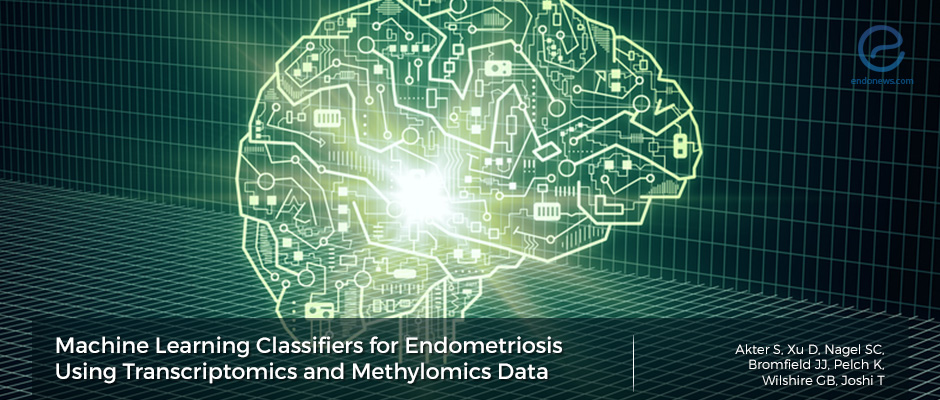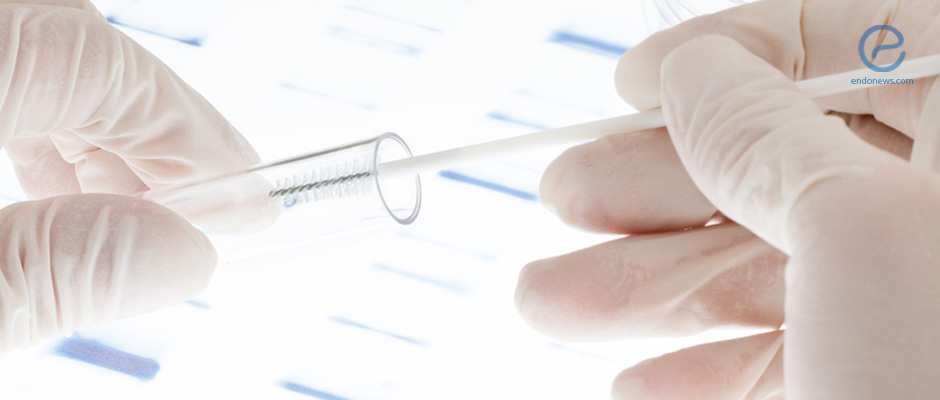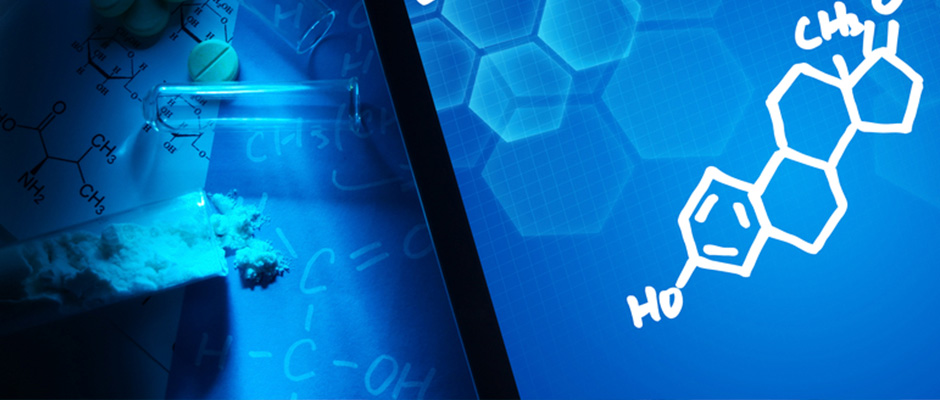Exploring tissue origins and age characteristics in endometriosis
Despite its widespread occurrence, the precise factors leading to endometriosis and the nature of its symptoms remain uncertain. To better understand the disease and improve treatment, Leap et al. from the US and Austria explored the use of DNA methylation…
Key Points Lay SummarySeparation of epithelia and stroma components in endometriosis lesions yields remarkable molecular points - Ie-Ming Shih, MD, Ph.D.
The pathologies of adenomyosis and endometriosis are unique among non-malignant gynecological diseases and provide fertile research topics. Ectopic endometrial tissues may have distinct molecular changes distinct from eutopic endometria despite having similar morphology. In this regard, there are intriguing suggestions as…
Key Points Lay SummaryHormone Control Related Genes in Women With Endometriosis
Endometriosis is an estrogen-dependent disease. The development of endometriosis is stimulated by the specific ability to receive the estrogen that is needed for growth and differentiation of endometrial cells and has numerous biological functions in eutopic and ectopic endometrium. Estrogen…
Key Points Lay SummaryMachine Learning Classifiers for Endometriosis
Endometriosis is a complicated gynecological disorder that affects about 176 million women worldwide. It significantly impairs mental and physical quality of life in patients but the etiology is poorly understood. Endometriosis also causes a large economic burden due to loss…
Key Points Lay SummaryEndometriosis as an epigenetically regulated disease
Endometriosis is defined as the abnormal growth of endometrial tissue outside of the uterus. It affects about 10% of reproductive age women resulting in severe pain and infertility. Among various theories of endometriosis pathogenesis, not a single one has successfully…
Key Points Lay SummaryEpigenetic link between endometriosis and cancer
Although endometriosis is considered a benign condition the cellular, histologic, and molecular data strongly demonstrate that endometriosis has neoplastic characteristics. There is strong evidence that endometriosis shares striking features with malignancy like normal tissue dissemination, invasion, and organ damage, as well as new vessel formation (neoangiogenesis). In…
Key Points Lay SummaryEndometriosis From an Epigenetic Lens
Samadieh et al. from the Royan Institute for Reproductive Biomedicine, recently published an article in Reproductive Sciences titled “Epigenetic Dynamics of HOXA10 Gene in Infertile Women With Endometriosis.” In this paper, the researchers wanted to observe HOXA10 gene expression in…
Key Points Lay SummaryEpigenetic regulation of the pathological process in endometriosis.
Epigenetic mechanisms have been recognized as important players in the development of a broad range of human diseases including endometriosis. A growing body of evidence shows that the remodeling of retrograde endometrial tissues to the ectopic endometriotic lesions involves multiple epigenetic…
Key Points Lay SummaryUpdates in the Field of Endometriosis: Epigenetics
In this chapter titled “A Review of the Epigenetic Contributions to Endometriosis,” Grimstad and Decherney examine various epigenetic influences that drive endometriosis disease progression. The epigenetic alterations they discuss include DNA methylation, histone modification, chromatin architecture changes, nuclear receptor modulation,…
Key Points Lay SummaryHow ERα is regulated in endometriosis?
Endometriosis pathogenesis is largely influenced by estrogen. Ectopic endometrium has altered expression of ERα compared to the eutopic endometrium. It is unclear what biological processes regulate such alteration. The article by Toderow et al. in Archives of Gynecology and Obstetrics…
Key Points Lay Summary
 By Eylül GÜN
By Eylül GÜN

 By Nasuhi Engin Aydin
By Nasuhi Engin Aydin

 By Ellen Tumimbang
By Ellen Tumimbang

 By Dr. Youngran Park
By Dr. Youngran Park



 By Kasthuri Nair
By Kasthuri Nair



 By Yu Yu
By Yu Yu